










We are the nation's leading wild horse and burro protection organization.


The American Wild Horse Campaign (AWHC) is a national nonprofit organization fighting to ensure the future of America's wild horses and burros and the Western public lands where they roam. Our public awareness and education campaigns, advocacy work, field research, habitat restoration projects, and land conservation program aim to protect and conserve these iconic animals that are an integral part of the landscape of the West
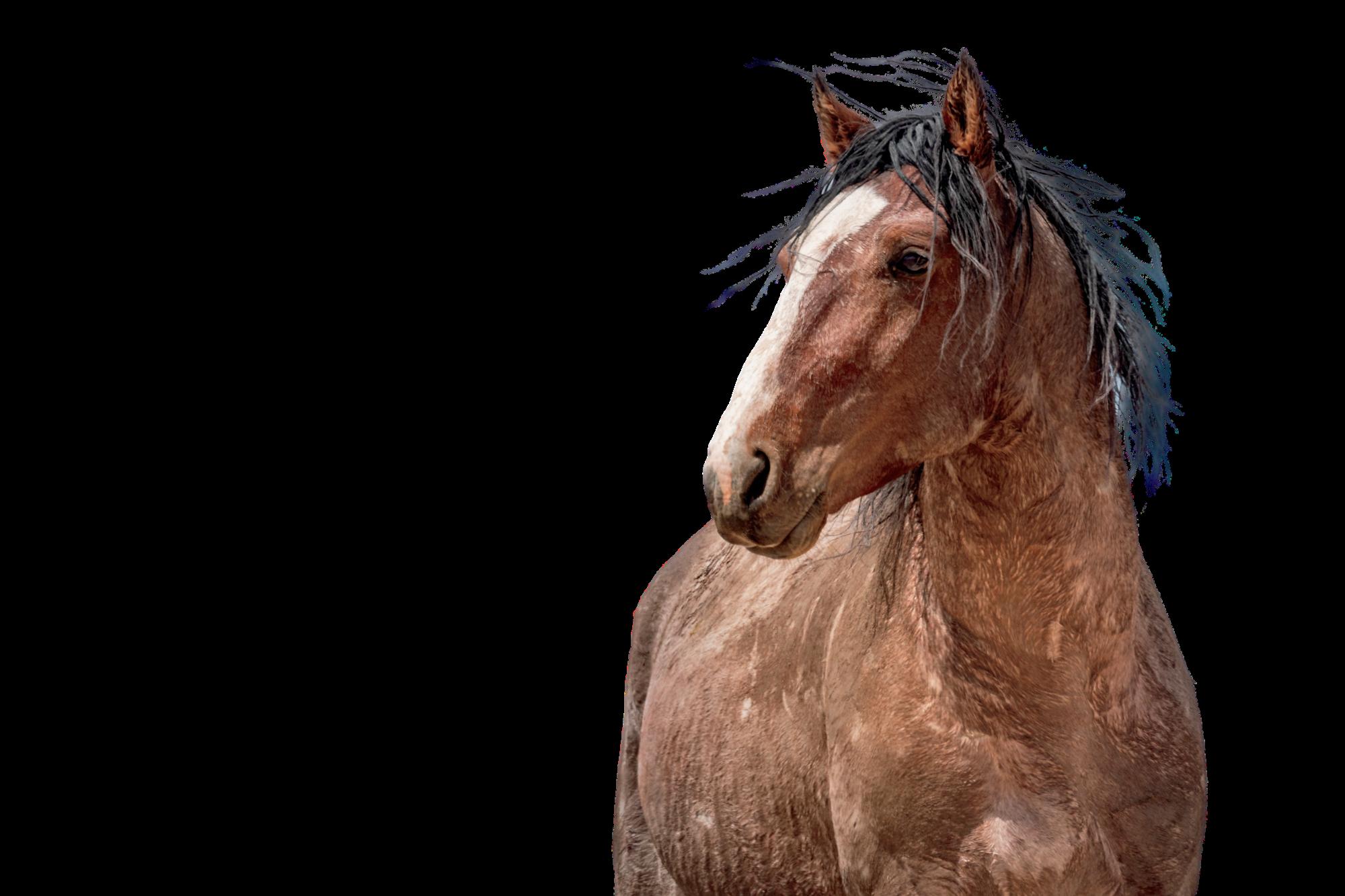
There’s no way to sugarcoat it - this has been a difficult year Nearly 20,000 wild horses and burros lost their freedom and families in Bureau of Land Management (BLM) roundups Hundreds, perhaps thousands, of these cherished animals were trafficked into the slaughter pipeline through widespread fraud in the BLM’s pay-to-adopt program Nearly 200 wild horses and burros have perished in holding pens from preventable diseases and injuries caused by intense confinement
Last year, I told you that it had to get bad to get better. This year I can report that It did and it has.
As we enter 2023, we find ourselves on the precipice of real change, propelled by the backlash from Congress and the American public to the BLM’s inhumane and reckless wild horse and burro roundup program At the same time, the BLM faces a fiscal crisis that is the predictable result of rounding up so many wild horses and burros and now having to feed and care for them. Under intense pressure from Congress and the public, and facing a funding shortage that prevents the agency from its business-as-usual practices, the BLM simply has no choice but to do something different


Against this backdrop, AWHC has made significant progress in 2022 meeting the demand for expanded fertility control as a humane alternative to roundups, initiating a pilot habitat acquisition project to protect a popular wild horse herd in Nevada, spearheading the introduction of the first wild horse and burro protection legislation in nearly two decades, launching a national awareness advocacy campaign that reached millions of citizens and brought over 200,000 new advocates to our cause, and so much more.
Nelson Mandela once said, “It seems impossible, until it’s done ” Now is the time to keep the faith and keep the pressure on
Thank you for always standing with us to keep our majestic wild horses and burros wild and to protect those remote corners of the West where these iconic animals still roam free.
Gratitude, Suzanne Roy
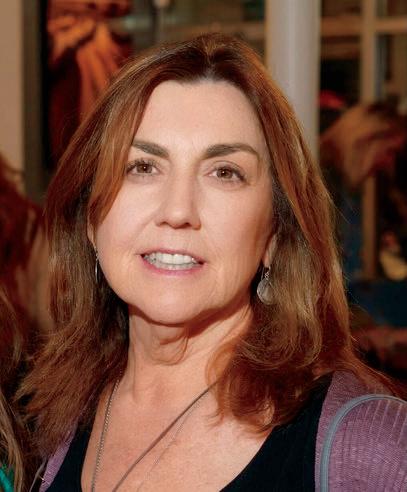 With
With
In collaboration with U S House Natural Resources Committee staff, the American Wild Horse Campaign’s (AWHC) Government
Relations team crafted federal legislation to restore protections for wild horses and burros that have been eroded in recent decades
The Wild Free-Roaming Horses and Burros Protection Act of 2022 was introduced in October by U S Reps Raul Grijalva (D-AZ; Natural Resources Committee Chair), David Schweikert (R-AZ), Dina Titus (D-NV), Joe Neguse (D-CO), Brian Fitzpatrick (R-PA), and Steve Cohen (D-TN), and, if passed, will protect wild horses from slaughter, curb helicopter roundups, and end the BLM’s cash incentive adoption program
Among numerous other reforms, the Act aims to repeal the Burns Amendment, a 2004 amendment introduced by former Senator Conrad Burns that allows for sale of wild equines “without limitation” on slaughter
While a prohibition on the sale of wild horse and burros for slaughter for human consumption is currently in place, this ban must be renewed by Congress each year through the Appropriations process presenting a yearly challenge subject to the whim of politics
The Wild Free-Roaming Horses and Burros Protection Act of 2022 would provide solutions to many of the problems plaguing federal wild horse management The bill would also:
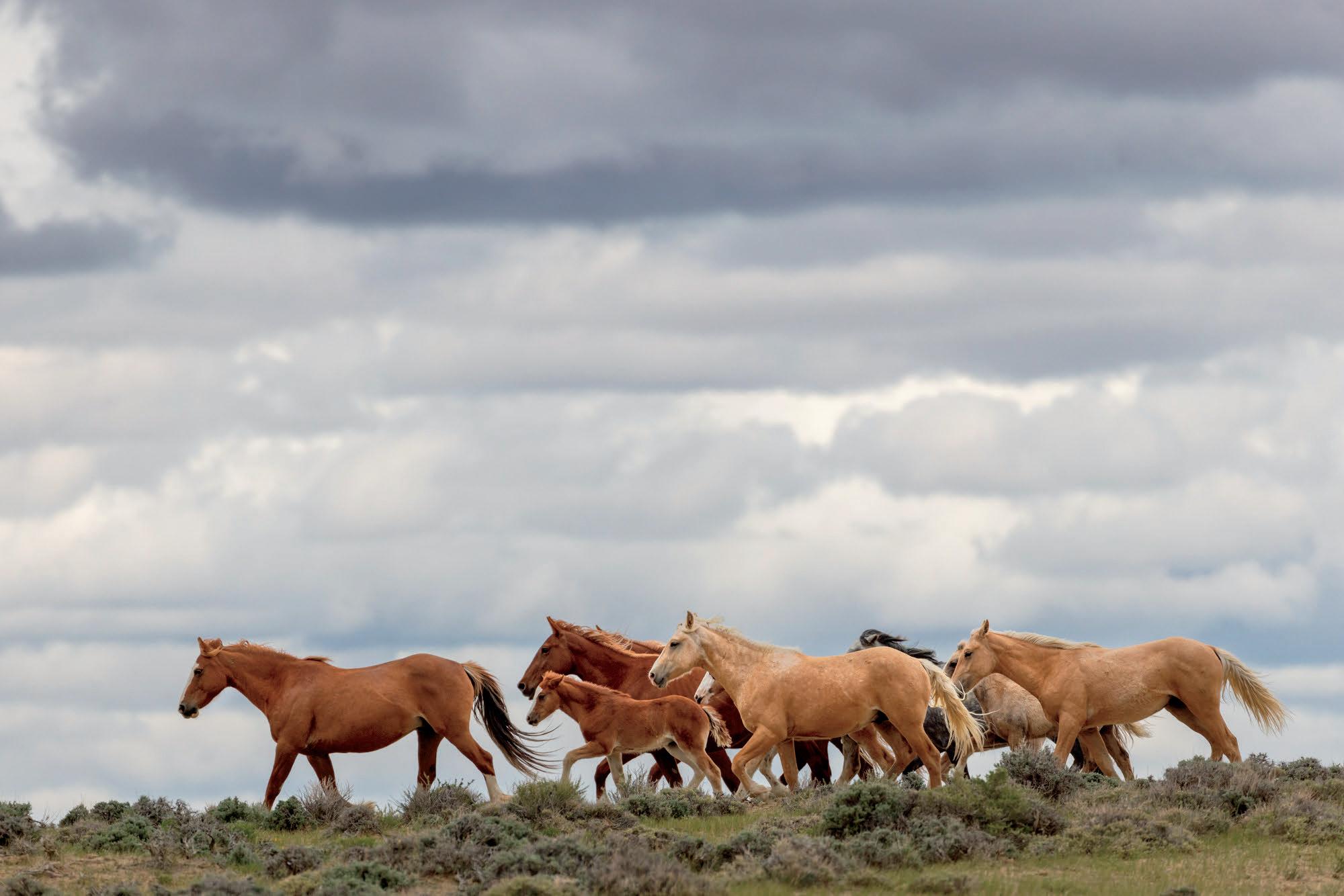
End cash incentives for adoption, which are attracting nefarious individuals who collect their payout, and then send the animals directly into the slaughter pipeline.
Prioritize on-range management options, such as fertility control and relocation, which would end the wasteful and unsustainable roundupand-stockpile cycle
Encourage partnerships with military veterans and non-governmental organizations.
Prioritize humane management of wild horses by requiring more humane, passive gather techniques when removals are required
Increase transparency and accountability by requiring public reporting of deaths or injuries at roundups and posting public notices before removals occur
Strengthen the Comprehensive Animal Welfare Program (CAWP) and making these enforceable through regulations
Create healthy, self-sustaining wild herds, protect wildlife, and achieve true natural, ecological balance in wild horse and burro habitat areas
FromLeft:AmeliaPerrin,InvestigationsManager, GovernorJaredPolis(D-Colo)andHollyGannBice, GovernmentRelationsDirector

“Wild horses and burros are American icons and an irreplaceable part of our nation’s landscape These special creatures deserve federal protections that recognize their importance and ensure they are treated humanely I’m grateful to my colleagues on both sides of the aisle for working together to craft modern-day solutions that keep wild horses and burros on the range ”
“This legislation is about more than just saving these incredible creatures who roam free today, it’s about ensuring the great wild horses and burros of Arizona and America live on for generations to come I’m proud to work on this bipartisan bill with my colleagues to secure protections for these important and threatened animals ”
REP. David Schweikert (R-Az)
“Nevada is home to the largest population of wild horses in the nation and I have seen time and time again how they continue to be endangered, both during roundups and after they have been removed from the land This bill will ensure that these creatures are treated with respect and care I will continue to fight for animal welfare and the protection of these iconic denizens of the Wild West ”
REP. DINA TITUS (D-NV)Dedicated Funding for Humane Management: Language included in the 2023 consolidated Appropriations Act dedicating funding for humane fertility control as an alternative to roundups and requiring other reforms
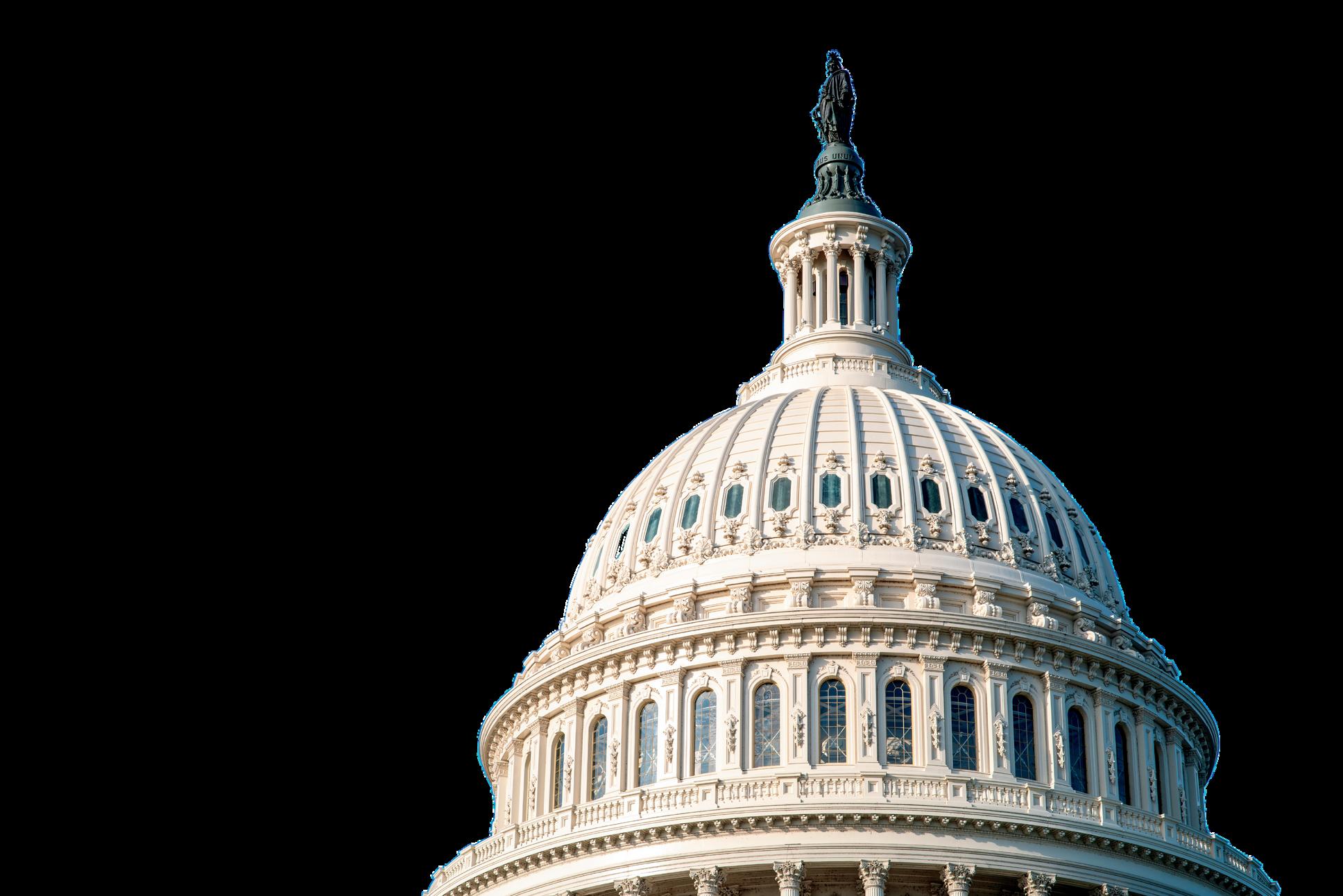
Keeping Pressure on the U.S. Forest Service: Active involvement of U.S. Representatives Ted Lieu and over three dozen of his Congressional colleagues in the mismanagement of wild horses in the Devil’s Garden Plateau Territory in California
The Representatives urged the Forest Service to institute comprehensive animal welfare standards and asked for answers to questions about agency safeguards to prevent these animals from entering the slaughter pipeline
Demanding Accountability: A request for an oversight hearing made by U S Representatives Dina Titus, Steve Cohen, and others, to the House Natural Resources Committee on the BLM’s Wild Horse and Burro Management Program.

Halting the Helicopters: U S Representative Steve Cohen,'s call for a suspension of all BLM roundup activities until range assessments have been completed, animal welfare concerns have been addressed, and a robust fertility control vaccine plan has been implemented
Polling Americans: National polling conducted by AWHC and shared with Congress, found that 88% of Americans want wild horses and burros protected on public lands, and 3 out of 4 voters, regardless of political affiliation, oppose helicopter roundups
Photo by Kimerlee CurylContinuing our Battle Against the AIP: AWHC is in federal court battling the U S Department of Interior and the BLM over its Adoption Incentive Program (AIP), which pays people $1,000 per animal to adopt up to four wild horses or burros at a time As AWHC's investigation has documented, this program is being routinely defrauded by adopters who are collecting the cash payments then sending their animals to slaughter auctions AWHC has documented over 1,000 wild horses and burros in kill pens since the AIP began
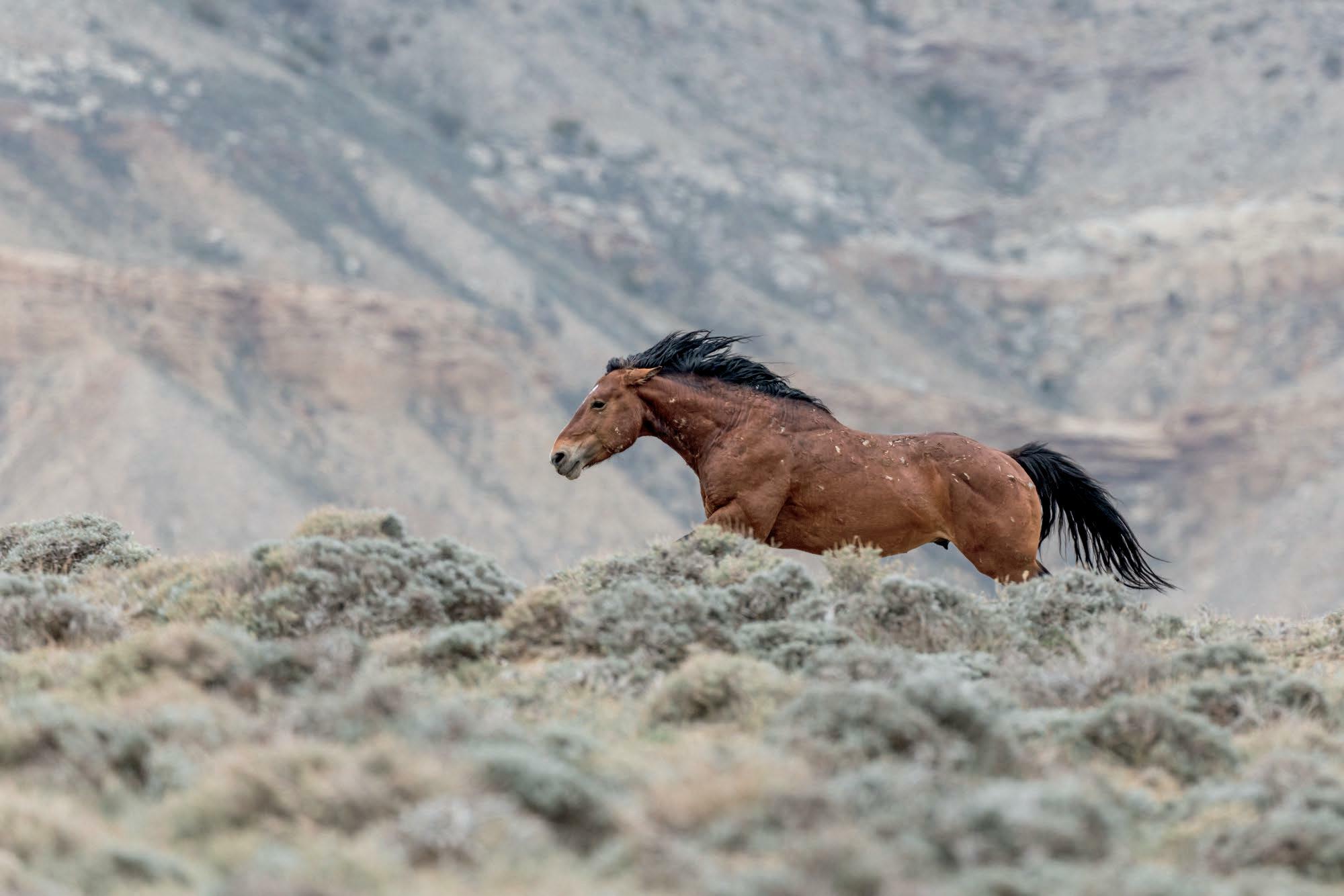
The lawsuit outlines the the multiple federal laws that the BLM violated in the creation and implementation of the AIP Eubanks and Associates, a top national public interest environmental law firm, is representing AWHC and our co-plaintiff Skydog Sanctuary, in this critical legal action
Suing for Transparency: AWHC has 20 pending lawsuits under the Freedom of Information Act (FOIA), seeking records that shed light on federal wild horse and burro management, and expose and uncover mismanagement, mistreatment and fraud within the BLM and U S Forest Service's programs. These lawsuits are the outgrowth of more than 100 FOIA requests for records that AWHC submitted this year, and are filed when the government fails to respond to these requests

Gearing Up to Protect Wyoming Wild Horses: It's game on for legal action to defend Wyoming's wild horses from a BLM plan to eliminate 43 percent of habitat in the state and eradicate two iconic wild horse populations. We are teaming up with the Animal Welfare Institute (AWI), Western Watersheds Project and wildlife photographers Kimerlee Curyl and Carol Walker for the litigation It will be led by attorney William S l Eubanks, who has already amassed several important legal victories in our 12-year fight to save the the Wyoming Checkerboard horses This litigation promises to be the most important legal battle for wild horses in decades, with ramifications for herds across the West.
One of AWHC's newest team members is Fernando Guerra, Legal Affairs Director, an attorney with years of experience in litigation and advocacy

Fernando has presented on the topic of animal law to various public interest organizations and regularly contributes to national publications writing about animalrelated issues He has an undergraduate degree from the University of Maryland, College Park in Environmental Science and Policy, with a concentration in Biodiversity and Conservation Biology He earned his law degree from the University of Maryland Francis King Carey School of Law with a certification in Environmental Law
“The unprecedented and draconian wild horse reductions proposed by the BLM violate the Wild FreeRoaming Horses and Burros Act, the Administrative Procedure Act and the National Environmental Policy Act. The plan sets a dangerous precedent for private landowners to dictate whether federally protected wild horses will be allowed to live in their designated habitats on public lands, and threatens to undermine federal protections for wild horses across the West.”
S. Eubanks II Eubanks & Associates Photo by Kimerlee Curyl
William
Photo by Kimerlee Curyl
William


Volunteer Ambassador Program: In late spring, AWHC added a Grassroots Advocacy and Outreach Manager to our team The position is filled by Michele Patterson, who earned her master’s degree in Public Policy and Administration from York College of Pennsylvania and her bachelor’s degree in Health Policy and Administration from Penn State University Michele began seriously advocating for animals in 2016.
Since then, she has been involved with state and federal animal welfare organizations to help pass legislation to protect animals at various levels of government She has 8 years of experience in the practice management of veterinary hospitals and has also worked on a state-level political campaign.
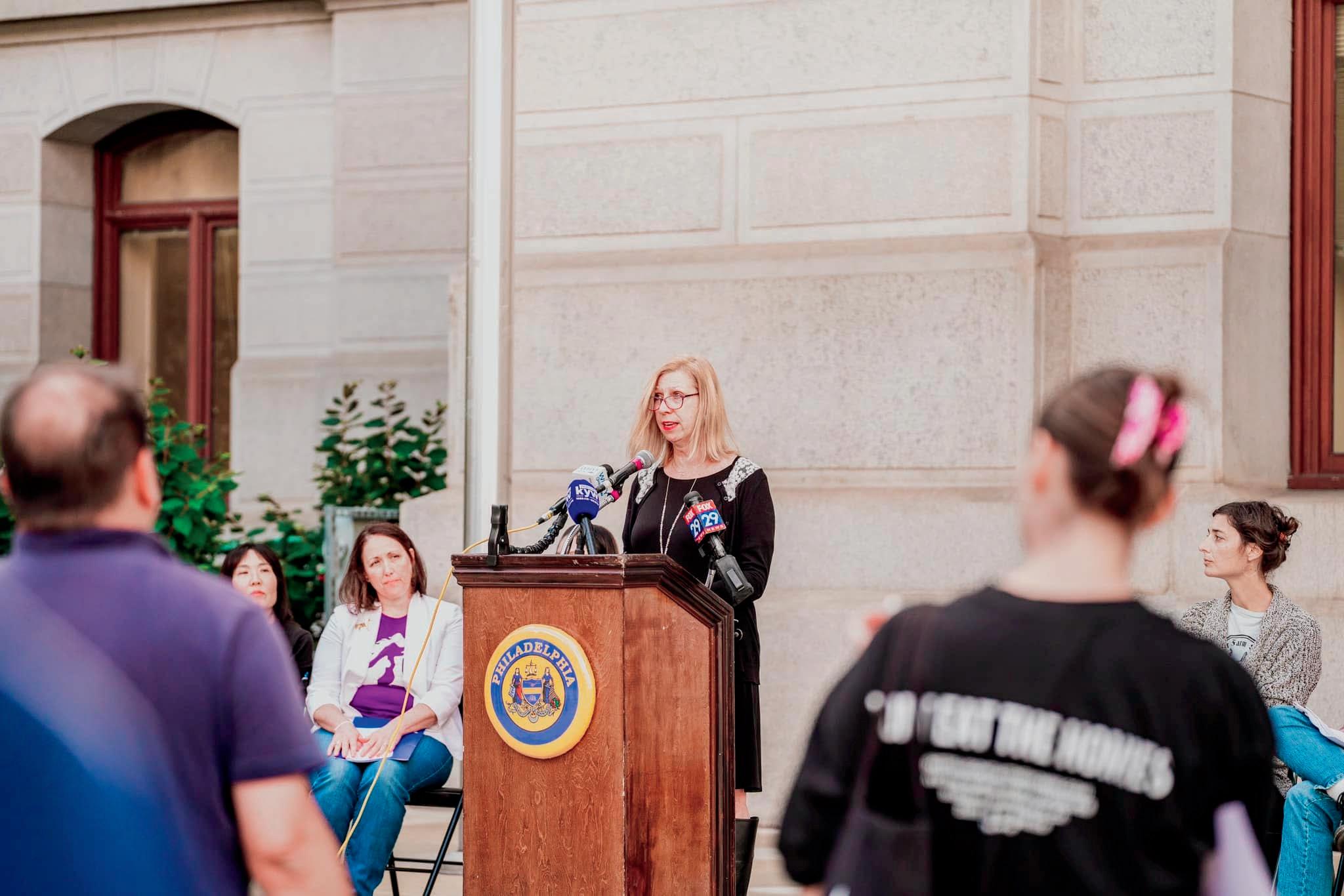
Michele oversees AWHC's Volunteer Ambassador Program to empower citizens in every Congressional District nationwide to be a voice for wild horses and burros with their legislative representatives and to increase public awareness of their plight in their communities.
This precedent-setting program is the only volunteer advocacy initiative specifically dedicated to protecting our nation’s wild horses and burros
At present, we have engaged 21 Volunteer Ambassadors in 20 congressional districts across 11 U.S. states. Since June 2022, Volunteer Ambassadors, on behalf of AWHC, have:
Met with their legislators Submitted comments at BLM & USFS meetings, Spoken at the BLM Advisory Board meeting, Started a grassroots awareness campaign for burro/vehicle collisions Performed general outreach raising public awareness on wild horse and burro issues
Homes for Horses Coalition: The American Wild Horse Campaign has joined with our colleagues at the Animal Welfare Institute (AWI) as a sponsoring organization of the Homes for Horses Coalition (HHC)

The HHC is a broad network of more than 520 equine professionals and organizations who work to further the goal of ending horse slaughter, facilitate collaboration and professional growth in the equine rescue world, and advocate for laws and policies that improve the welfare and treatment of horses, burros, and other equines
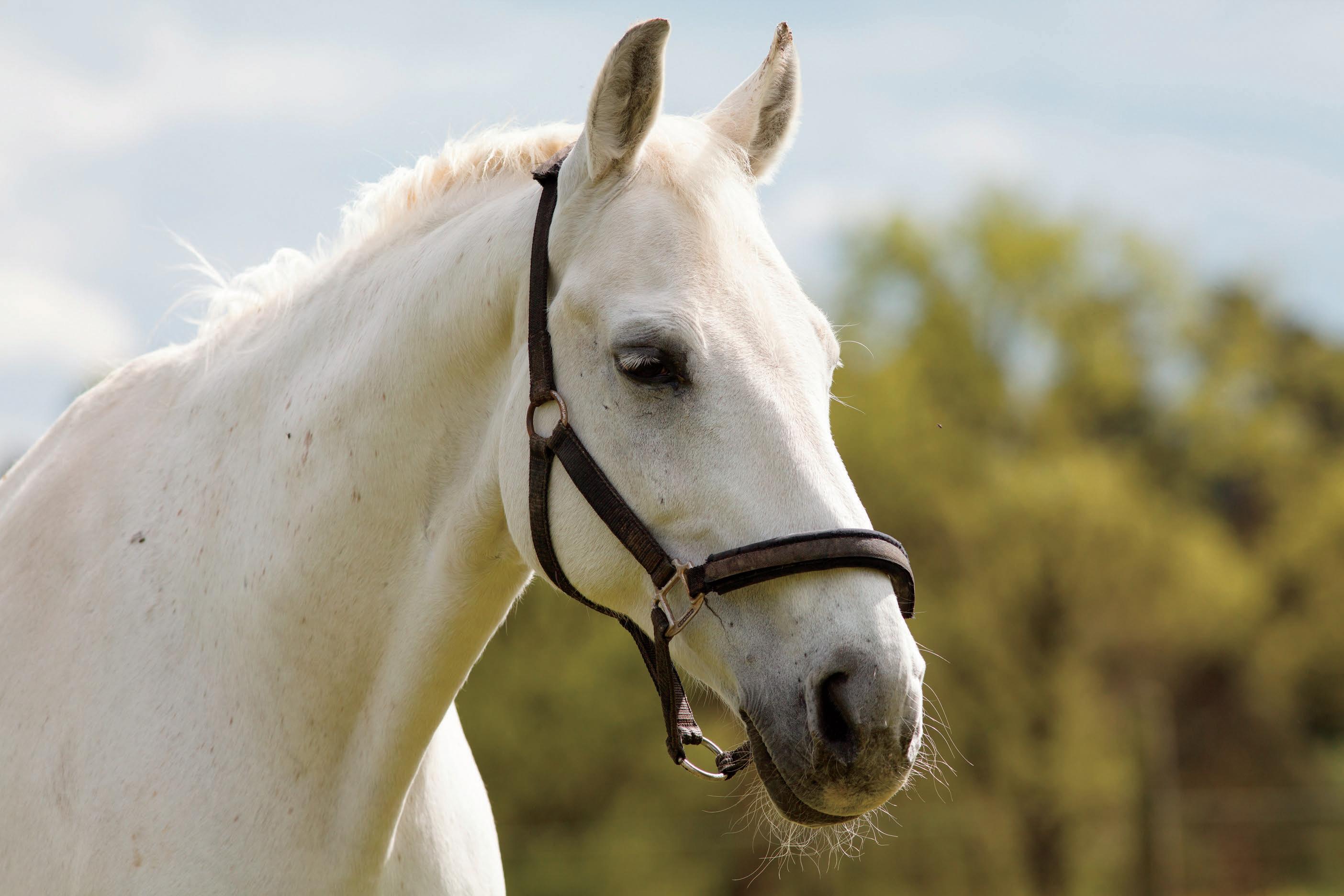
n July, AWHC released an investigative report entitled “Federally Protected Horses to Slaughter: An Epidemic within the Bureau of Land Management (BLM) Adoption Incentive Program.” In the 22 months since the Adoption Incentive Program (AIP) took effect, AWHC's newly launched Investigations Department has tracked 1,020 BLM-branded wild horses and burros in kill pens across the country, the majority of whom were adopted through AIP.
Our report exposes the AIP as a laundering mechanism for sending federally-protected wild horses and burros into the slaughter pipeline in contravention of a Congressional ban on slaughtering these animals Following the report's release, the BLM initiated a stakeholder engagement process to explore issues with the program

During this process, AWHC reported our investigative findings and presented the agency with reasonable and attainable solutions The result was broad consensus for the replacement of cash incentives with non-cash veterinary and/or training vouchers, a recommendation that the agency is now considering.
Meanwhile, AWHC’s AIP investigation continues, as we gather more evidence through our volunteer kill pen monitoring program, by submitting extensive Freedom of Information Act requests and obtaining titles through direct rescue where possible
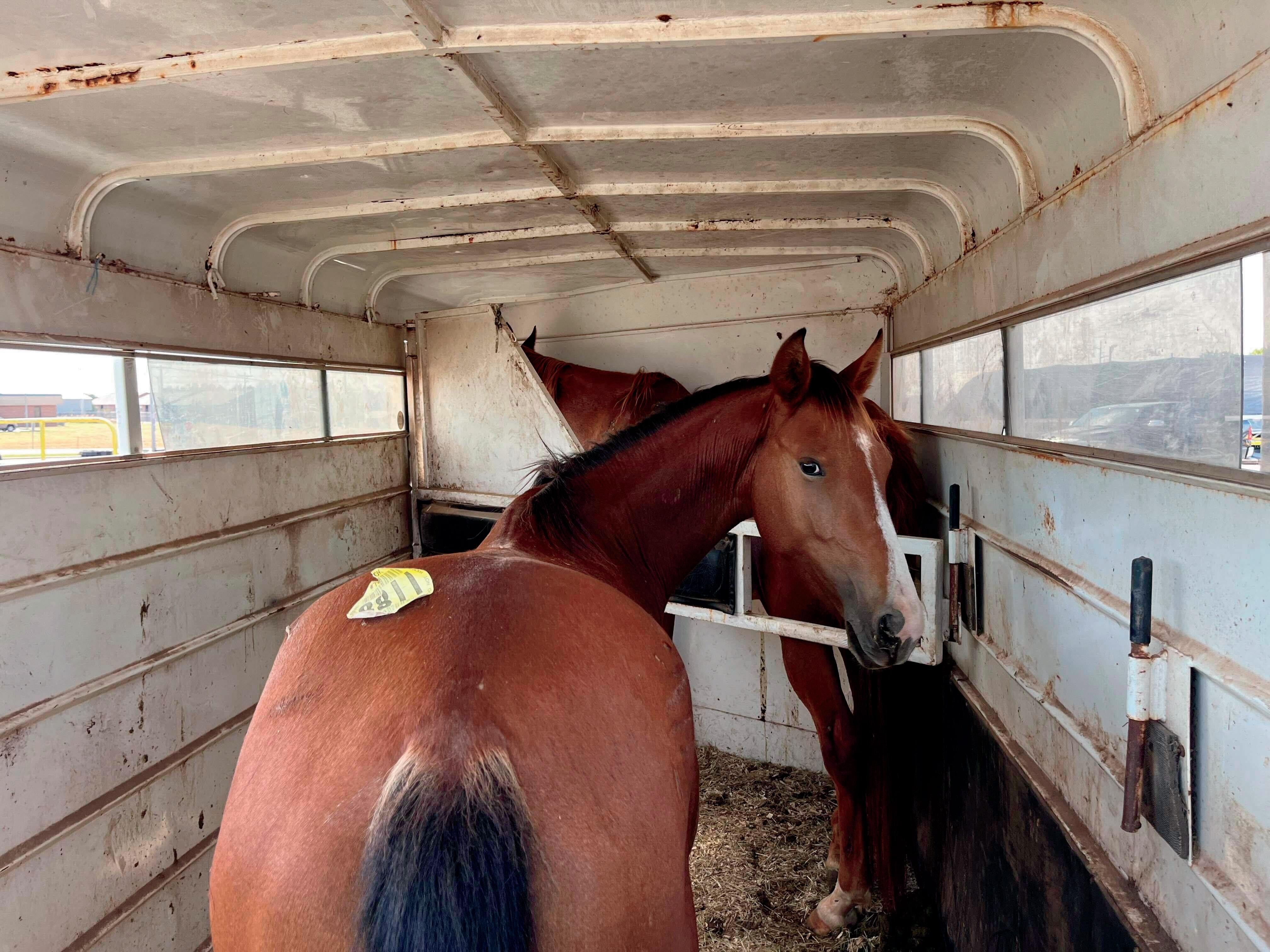
Our multi-pronged approach to this problem also includes litigation and legislative work to hold the agency accountable for the devastating consequences of this misguided program.
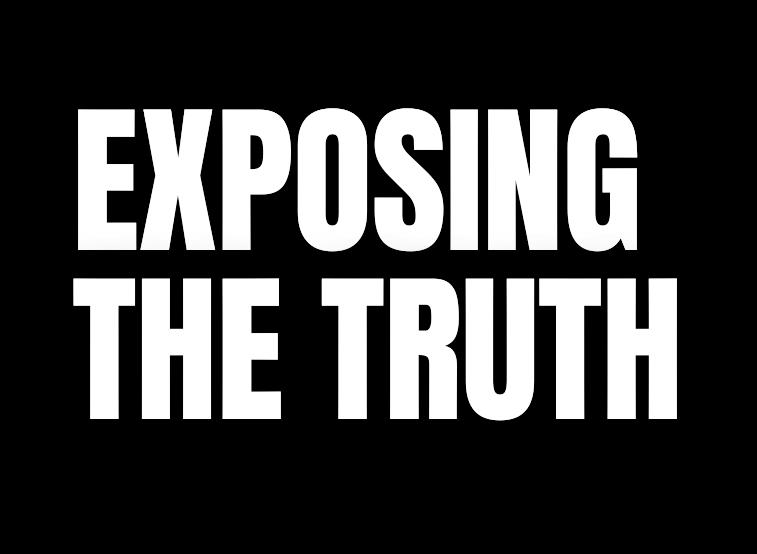
Saving Horses and Burros from Slaughter: AWHC’s Rescue Program has saved the lives of dozens of mustangs and burros who were otherwise bound for slaughter

Aiding Our Partners: Our Rescue Fund has provided critical support to rescue organizations, subsidizing the purchase of winter hay and training clinics to help with the exorbitant costs associated with caring for rescued wild horses and burros

Rescuing Orphans: On the Virginia Range, AWHC’s Foal Rescue Grant Fund continued to help save wild foals in need, providing foal kits for rescuers to provide life-saving emergency care
Our fund also helped support critical veterinary and supportive care costs for orphaned Virginia Range foals, rescued by our Coalition Partners at LRTC’s Large Animal Rescue and Wild Horse Connection.
Bringing Justice for Wild Horse Deaths: We matched the BLM's $5,000 reward fund to increase the incentive for the capture and conviction of those responsible for the brutal killing of wild horses from Jakes Valley in Nevada
We also partnered with the Salt River Wild Horse Management Group to offer a $20,000 reward for the arrest and conviction of the perpetrators of a brutal horse killing in the Apache National Forest near Alpine, Arizona in Alpine, more than 40 innocent horses -- including entire family bands - were gunned down in cold blood. Our communications team helped publicize this massacre, securing placement of several wellread articles, including prominent column in the Washington Post AWHC also continues to assist the Salt River Wild Horse Management Group in exploring legal and legislative avenues to protect the surviving wild horses in this area

Uno is a beautiful pinto mare from the US Forest Service-managed Devil’s Garden Wild Horse Territory in California. She was born wild and free in 2018 but was soon rounded up by the agency and sent to a Bureau of Land Management (BLM) holding facility. From there, she was adopted through the disastrous Adoption Incentive Program (AIP) and arrived at a kill pen soon after her adopter received the full incentive payment
AWHC worked with Oklahoma-based rescue RFJ Equine to spring Uno from a kill pen and sponsor her feed, veterinary care, and farrier bills When RJF Equine saved her from slaughter, she was pregnant and soon gave birth to a beautiful appaloosa baby!
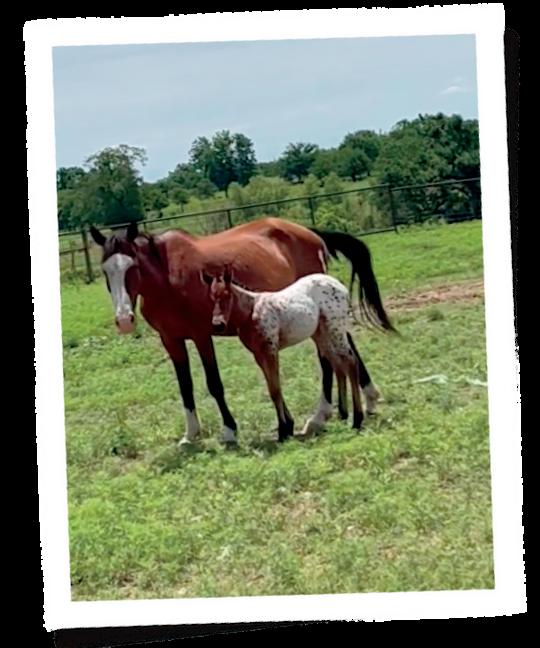
AAWHC’s Virginia Range Fertility Control Program is in its fourth year under a cooperative agreement with the Nevada Department of Agriculture (NDA). The program is implemented by a team of 18 certified darters and 22 trained documenters, primarily volunteers, who dedicate their time for the protection of the historic Virginia Range mustangs in Northern Nevada
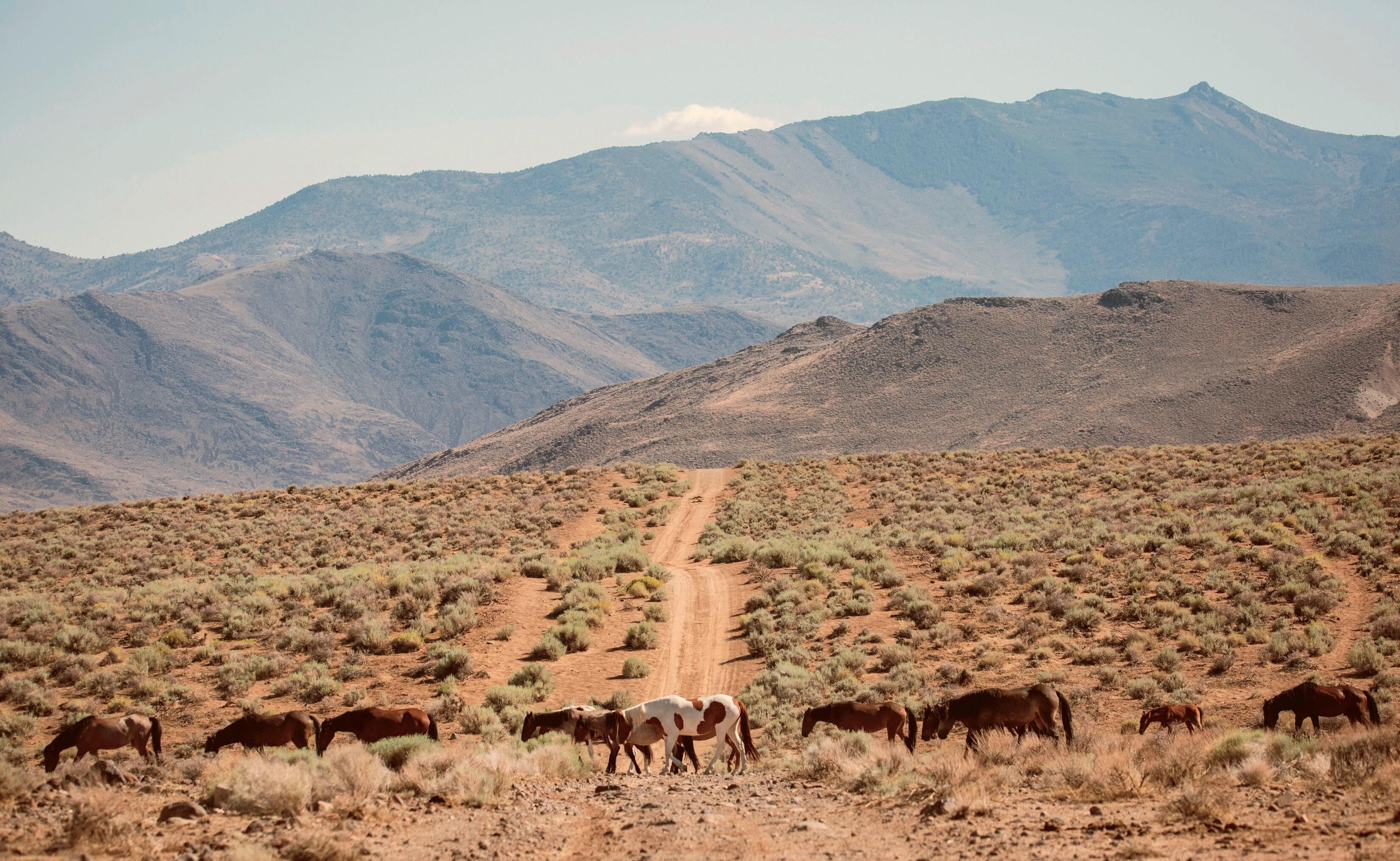
The program aims o achieve population reduction without removals in this herd that is under pressure from habitat loss. In less than four years, our program has achieved a 61.5% decrease in foal births and reduced population numbers in
several critical areas where encroaching development has caused public safety concerns This includes the area along the City of Reno interface, where increased development creates higher horse/human conflict.
Our outstanding volunteer team has collected robust data, entered into a comprehensive database, individually identifying thousands of wild horses and documenting births, deaths, band changes, migratory patterns and more This dataset is the largest of its kind in the world, and is key to successfully managing a complex darting program. It is currently being analyzed by the University of Pretoria, South Africa.

While the efficacy of the PZP vaccine in wild horses is well established in the scientific literature, most research has focused on smaller horse populations in limited habitat areas Our extensive data is filling the gap to assess the safety and efficacy of a year-round, opportunistic PZP darting program in a large wild horse population on an extensive range Initial data is positive and should be published in 2023

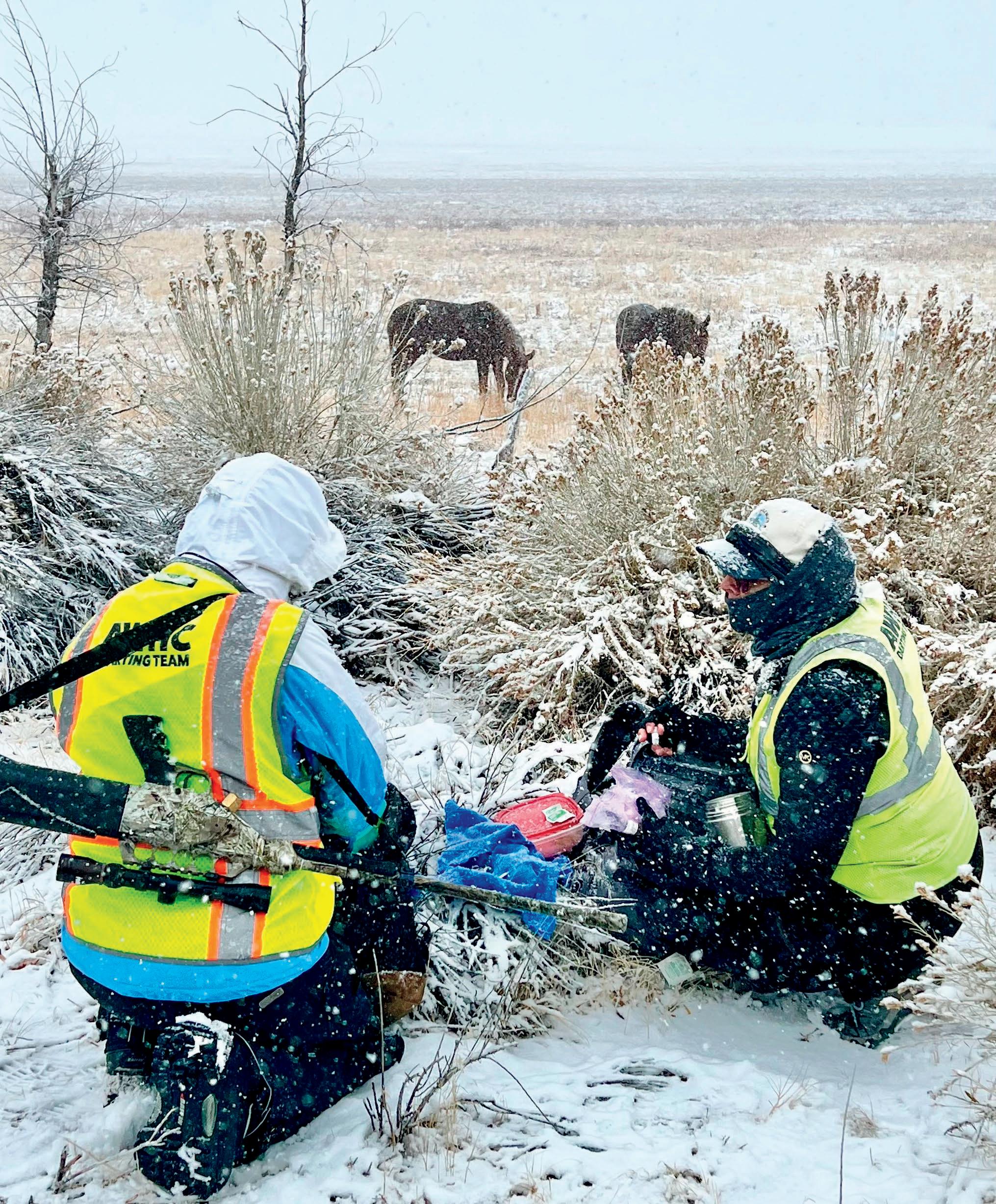
In just under four years, we are already achieving success, with a 61.5% decrease in foal births.
With the retirement of our field operations director, Greg Hendricks, in we have reinforced and expanded our Nevada field team Tracy Wilson has taken the helm as our new Nevada State Director and Nicole Hayes has joined on as our Nevada Conservation Operations Manager They join our existing field team and bring strong scientific and organizational foundations to the effort in Nevada, , which is the heart of wild horse country and home of AWHC’s cornerstone fertility control program
Virginia Range mustangs Photo by Nenah Demunster

One of AWHC's newest members of our Nevada team is Nicole Hayes, Nevada Conservation Operations Manager.
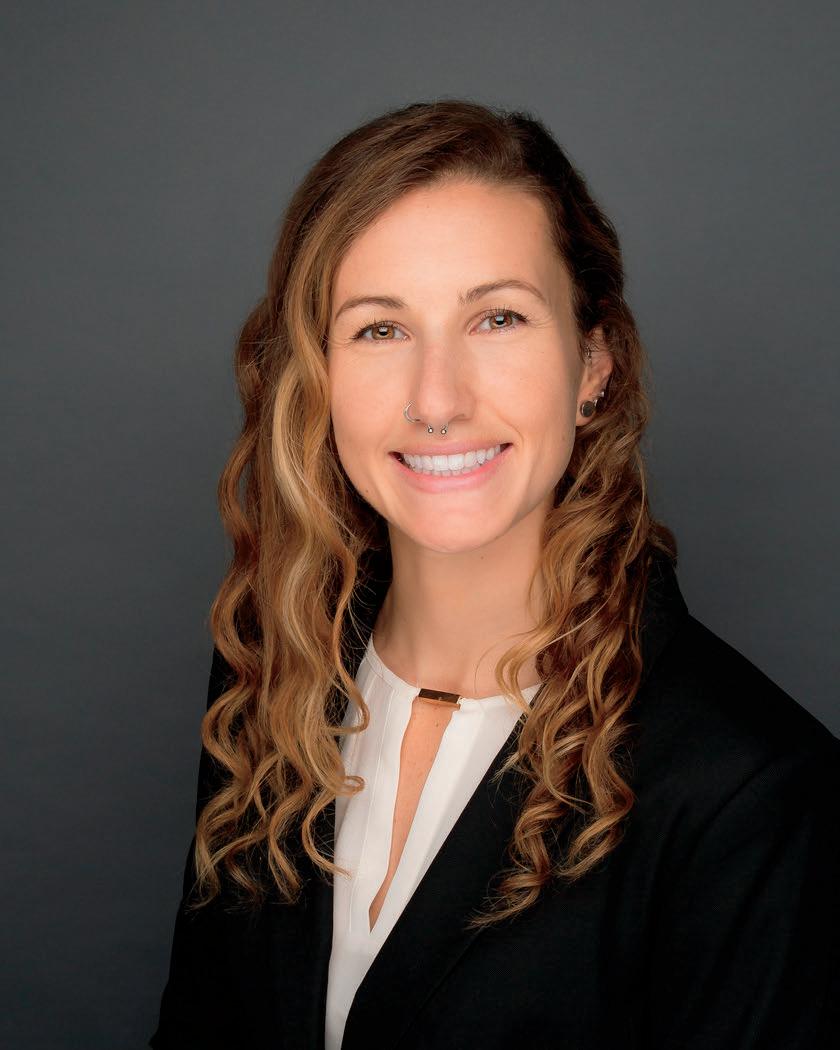
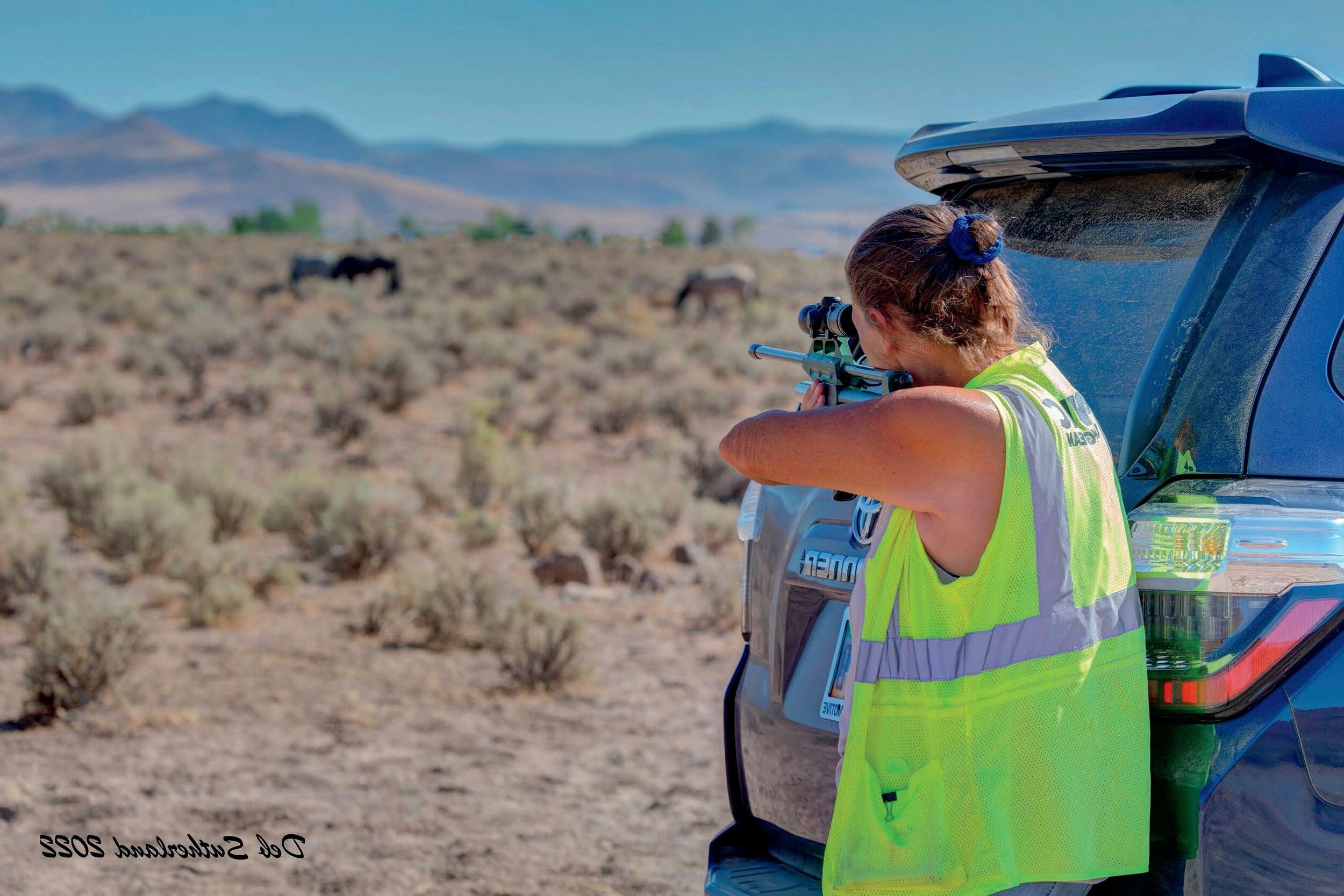
Nicole earned her bachelor’s degree in marine science from the University of South Carolina, with an emphasis in biological oceanography Following this, she spent a month conducting research in Indonesia, an experience that solidified her commitment to conservation Nicole then received her master’s degree in marine biology from Nova Southeastern University in Fort Lauderdale While in Florida, she worked directly on the conservation of Florida’s Coral Reef, concentrating on coral restoration, assessment, and monitoring. As a community ecologist, she worked extensively on numerous research projects and published 2 peer-reviewed papers on the impacts of disease on the coral community Nicole is also an long-time equestrian
BLM moves to increase fertility control: This year, the BLM released a Notice of Funding Opportunity (NOFO) for up to $7 5 million in grants for NGOs to assist with management activities, including ground darting of fertility control and compliance inspections for horse adoptions. AWHC has been working with the agency to identify areas for collaboration and is working with state and local BLM offices and other stakeholders to develop funding proposals for humane management programs
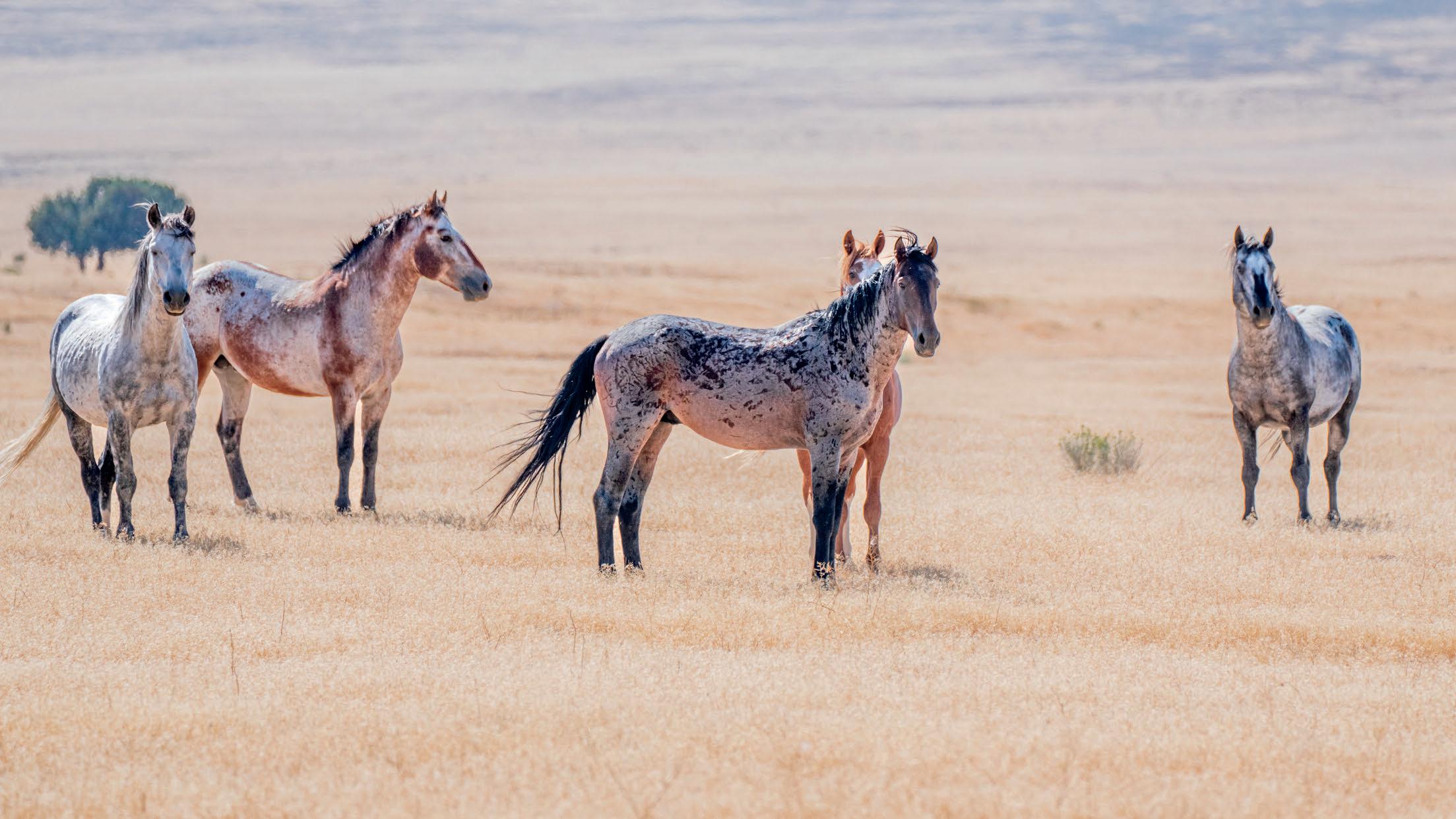
Land Acquisition: AWHC’s American Wild Horse Conservancy Land Trust is piloting a new approach to wild horse and burro protection that focuses on conserving habitat on private lands adjacent to or within federal Herd Management Areas Thanks to several very generous donors, AWHC is acquiring over 3,300 acres of land that provides key habitat for the beloved Fish Springs wild horse herd and many other wildlife species in Nevada’s beautiful Carson Valley The project is creating a new model for wild horse and burro habitat preservation, community engagement, public/private partnerships and establishing AWHC as a stakeholder in decision-making about the future of wild herds.
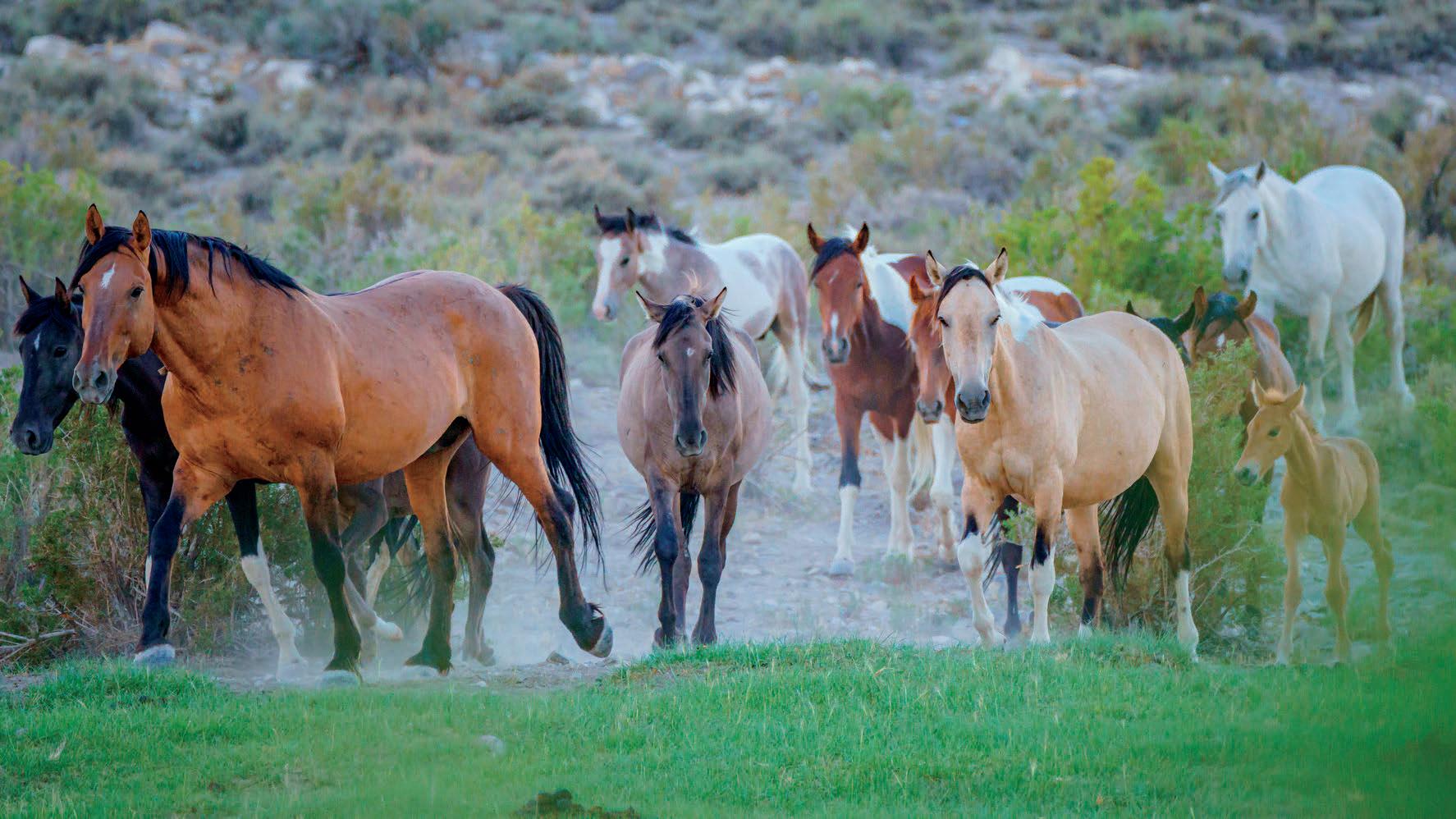
New Endeavor in Utah: AWHC has been advocating for a humane management plan for the wild horses in the Cedar Mountains, Utah The ultimate goal is to end helicopter roundups and keep wild horses in balance with the environment through a humane fertility control program. To support this effort, AWHC’s Utah Conservation Operations Manager, Tandin Chapman, has been in the field since spring, tracking and observing the Cedar Mountain wild horses To date, he has documented and individually identified approximately 500 horses
Many of these horses were captured in a September roundup, but an estimated 380 remain in the HMA. Tandin is a University of Utah graduate and civil engineer who is a strong animal protection advocate and outdoors person He has hiked over 160 miles tracking the Cedar Mountain wild horses, who are very wild and unaccustomed to human presence His photographs have captured the beauty of this very colorful herd
TThe 2022 roundup season opened with a chilling prospect. Would this be the year when federal protection of the nation’s herd of wild horses finally resulted in more wild horses being held in captivity than running free in the western states? 19,000 wild horses and burros were scheduled to be rounded up, the vast majority by helicopter before the year was out Worse still, the harsh reality of cramped holding pens meant horses were dying –literally. In Cañon City, Colorado 146 wild horses from the Piceance West Douglas Herd Area on the Western slope were wiped out by equine influenza
Dozens more perished as strangles outbreaks ripped through various wild horse holding facilities.
With more than 50,000 once-wild horses held in government corrals at the start of the year and an increasing catalog of compliance failures, it was clear the offrange holding system was at breaking point and the nation’s wild horses were facing a conservation crisis
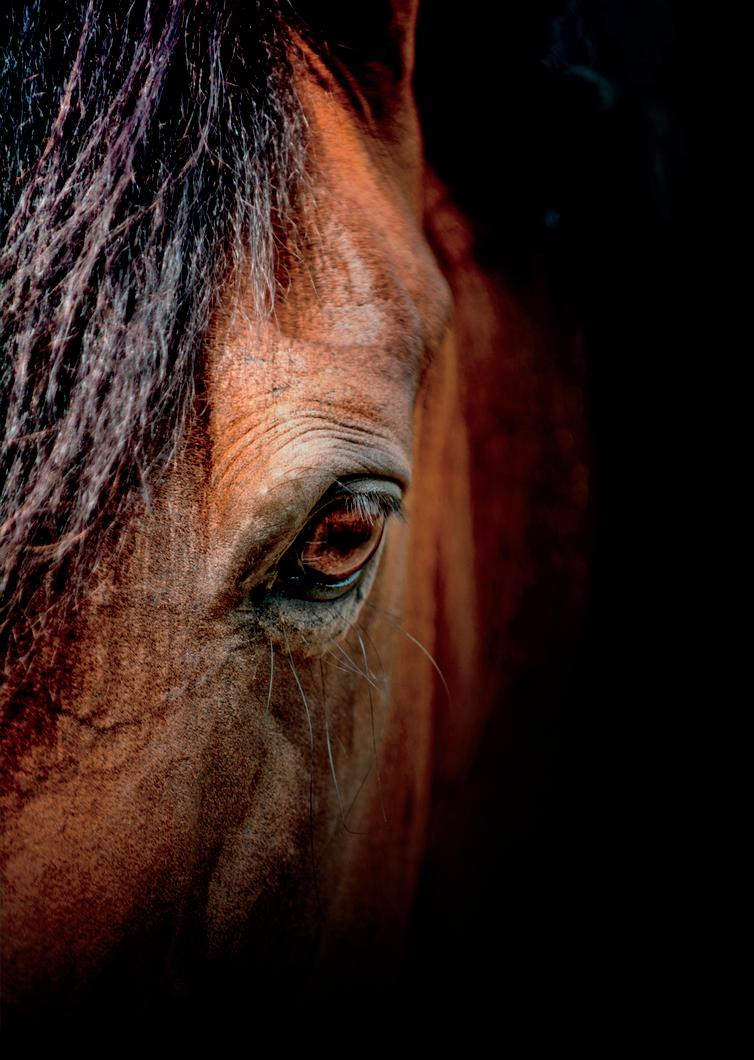
Cries from advocates and lawmakers for a pause to roundup proceedings pending review and reform fell on deaf ears Indeed, advocates across the US were shocked when, rather than slow the roundup schedule down, the Bureau of
Land Management accelerated its plans to remove over 800 wild horses from Piceance East Douglas, in Colorado, despite improving on-range conditions and earnest pleas from the Governor to postpone while alternative options were explored With years of underinvestment in on-range birth control measures, foaling season at Piceance East Douglas was at its height during spring and promised to continue through the baking heat of July, a time when western Colorado typically hits 90+ degrees on 25-30 days out of 31

With plans in development for a new national awareness advertising program, the American Wild Horse Campaign (AWHC) pivoted to a timely tactical message highlighting the dangers of terrorizing pregnant mares and newborn foals with helicopters during the baking heat of summer
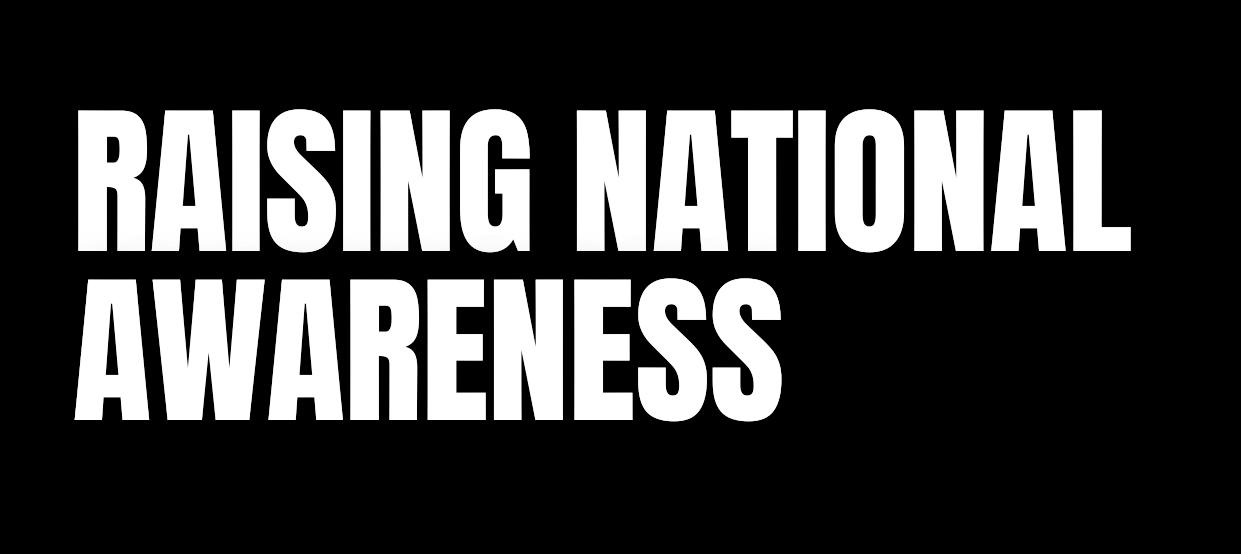
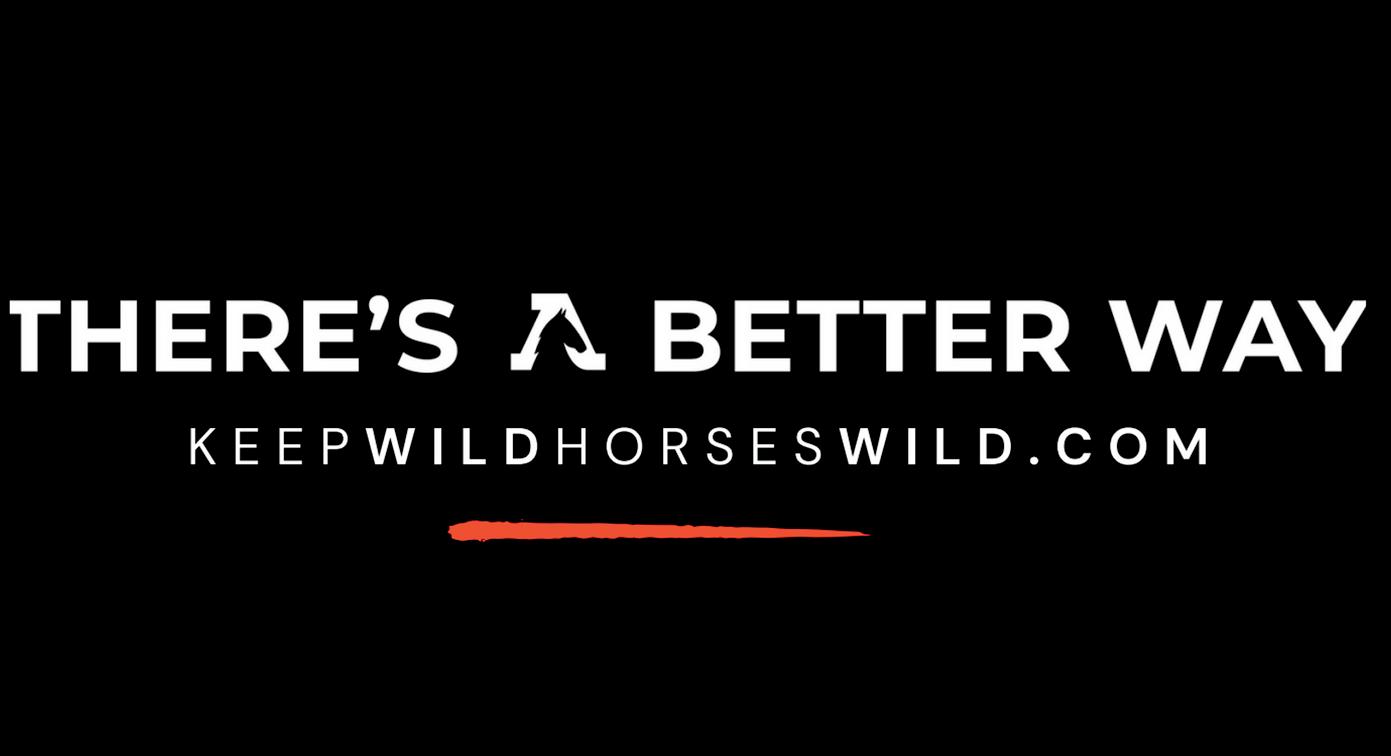
Backed by generous investment from donors, AWHC took the summer campaign theme “Foaling Season Should Not Be Helicopter Season” to TV screens and media across Colorado from Grand Junction to Denver, and geo-targeted Colorado Facebook, Twitter and IG users amplifying the alarm with wild horse overs and concerned conservationists

Advocates responded - in droves More than 20,000 letters were sent to Congress, triggered by AWHC advertising, demanding a cessation to the summer roundups and a pause while new Congressional oversight and review could be activated
It was clear the Bureau of Land Management was listening The roundup drew stern public attention after glaring missteps in procedural compliance were exposed in local media and field operatives began publishing on-range temperatures on a daily basis in response to advocate concerns, committing to ground helicopters when the summer heat became excessive
After the Piceance East Douglas roundup concluded, the helicopters relocated to Oregon, Nevada, Utah, and California Of course, AWHC followed, this time with the benefit of data from the Colorado campaign coupled with new national research that confirmed most Americans believe rounding up wild horses by helicopter is inhumane. The public was demanding a better way to manage these treasured symbols of American freedom.
Working with agency partners, fueled by awareness-building donations from impassioned and frustrated advocates, AWHC took its new There’s A Better Way campaign to the capital with TV, social media, and billboards targeting decision-makers in Congress and brought heavyweight TV, press, and social media activity to each of the key roundup states
More than 20,000 letters were sent to Congress, triggered by AWHC advertising, demanding a cessation to the summer roundups and a pause while new Congressional oversight and review could be activated.

The campaign philosophy was simple: expose the inhumanity and waste of freedom lost America’s wild horses are protected symbols of freedom and they are being let down by an extraordinarily expensive and inhumane system, one the BLM itself estimates will cost $1 billion over 5 years to execute.
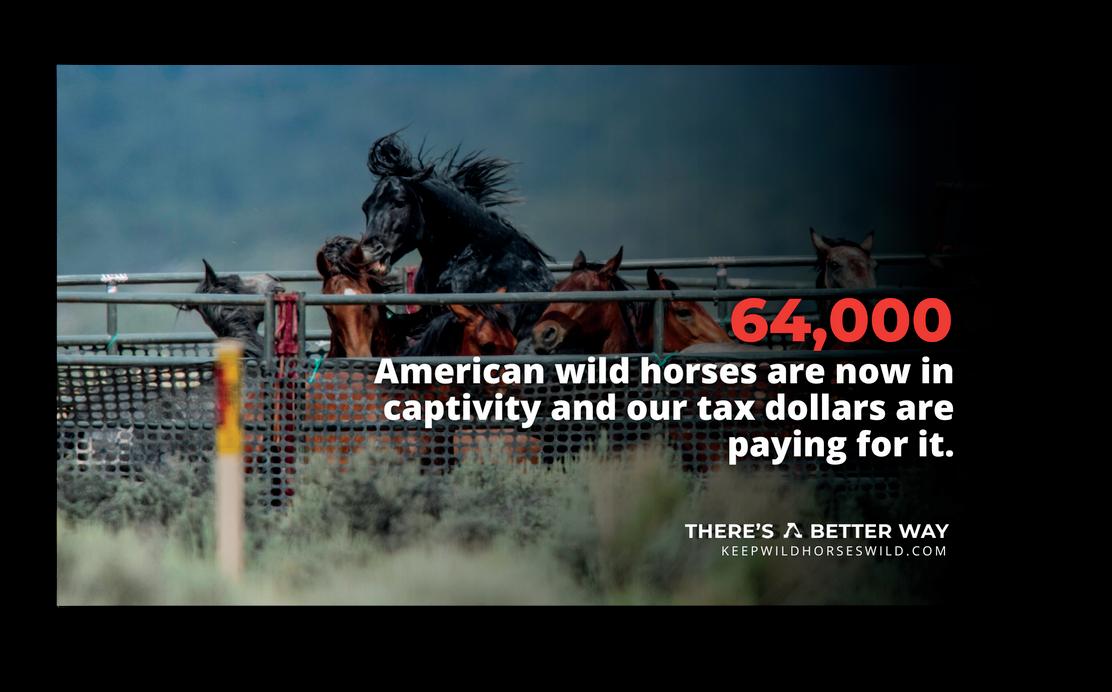



Americans want A Better Way to manage wild horses, such as the hugely successful birth control program on the Virginia Range in Nevada, where the AWHC darting team has reduced foal births by nearly 62% in just one year (2021-2022) – without removing a single horse - thanks to a dedicated program which prioritizes long term on-range solutions over short term off-range removals
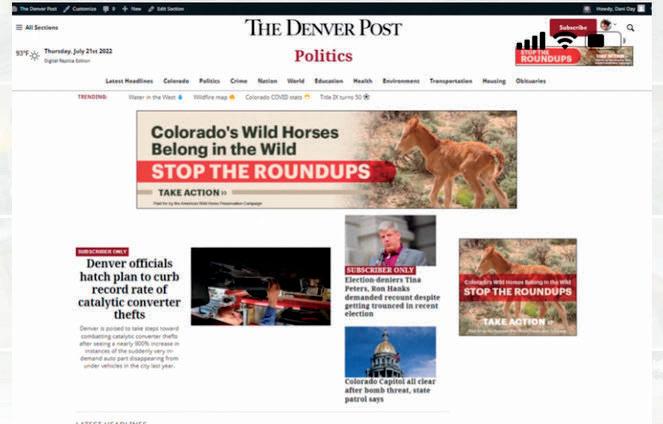
AWHC’s There’s A Better Way Campaign sprang to life on a new dedicated website – keepwildhorseswild.com. Through this site, the public can experience Wild Horse Annie’s original vision for Nevada’s wild mustangs. After 50 years of wild horse mismanagement at the national level, we are pointing to modern solutions that promote a better outcome for the American wild horse
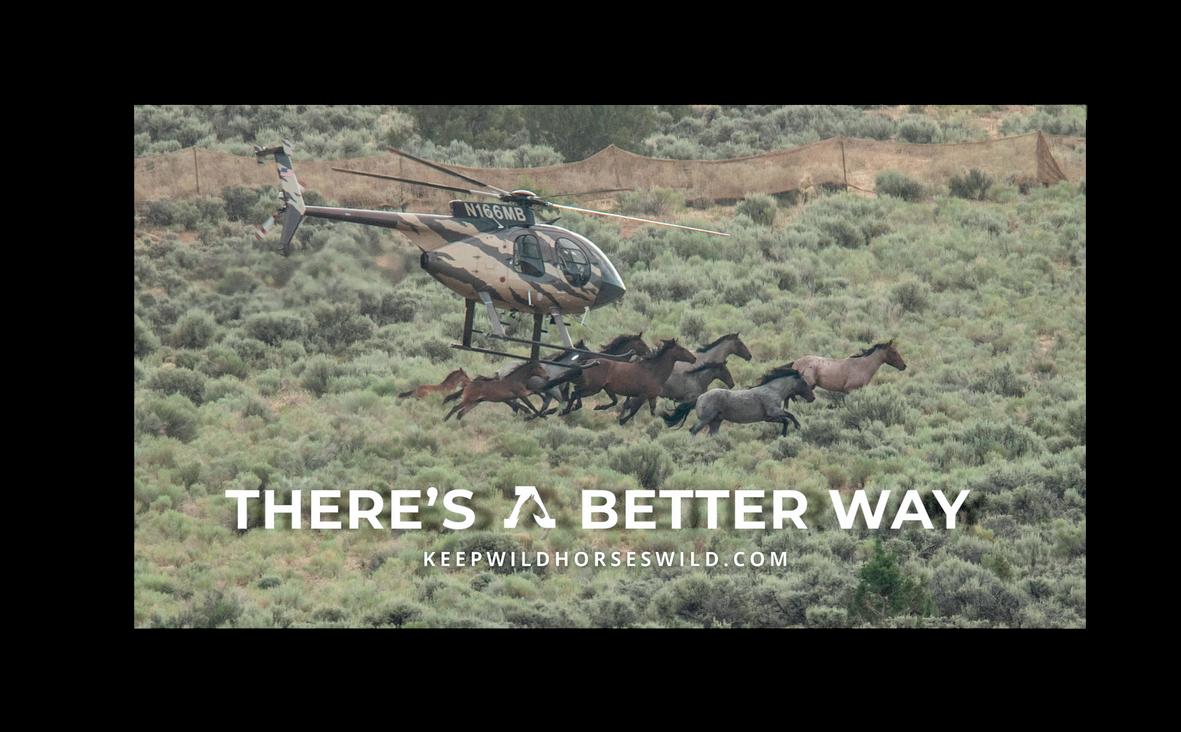
At the time of writing, the national awareness campaign is undergoing further public research that will help strengthen and refine There’s A Better Way ahead of a full-scale rollout in 2023


Celebrity Ambassadors Take On The Fight to Save America’s Wild Horses: This year, AWHC launched its celebrity ambassador program to rally public support for America’s iconic wild horses and burros at a time where their future is in jeopardy Among the individuals joining AWHC in the effort are TV-personality Kaitlynn Carter; shoe-designer Chloe Gosselin; Olympic equestrian Jessica Springsteen; Brandi Cyrus, DJ and co-host of the iHeart podcast Your Favorite Thing; Cobra Kai actress Alicia Hannah-Kim; fashion designer and lifestyle guru Jenni Kayne; and renowned celebrity fine-art photographer Brian Bowen Smith

Wild horses and burros deserve so much better and their protection and humane treatment should become a matter of priority


B R A N D I C Y R U S
An Overnight for Wild Horses: In October, AWHC and Freedom Reigns Equine Sanctuary hosted a weekend with a few celebrity Ambassadors (and those interested in getting more involved) to learn more about wild horses and the work that we do at AWHC We visited the herds that call the sanctuary home, heard their individual stories and held a fireside discussion about ways we can all collaborate together to continue to make changes in wild horse and burro protection
Bringing a National Spotlight to the Wild Horse Issue: This year, we were mentioned over 1,200 times in both regional and national news pieces We filmed a segment for TBS’ satire news program, Full Frontal with Samantha Bee, took journalists from National Geographic to Nevada’s Virginia Range to learn about humane and sustainable wild horse management, secured news coverage on CNN, CBS and in the Washington Post to name a few

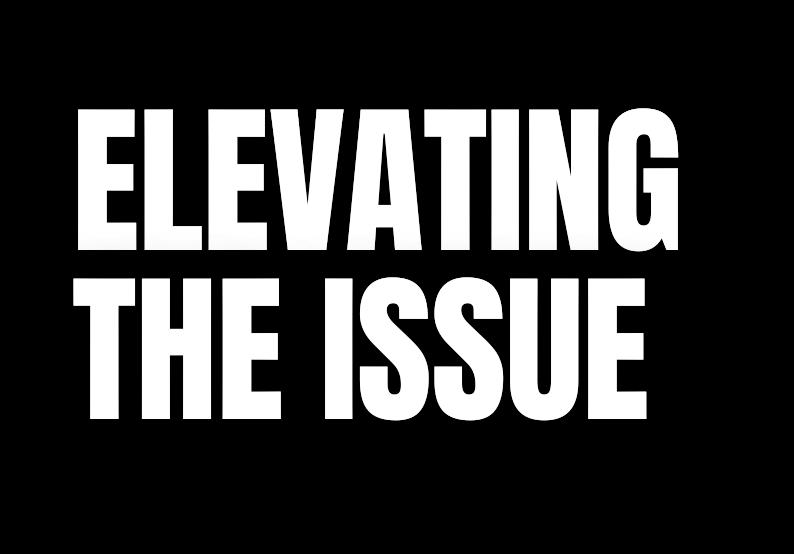




Proving Humane Management Works: AWHC attended this year’s Botstiber International Wildlife Fertility Control Conference to hear from the leading fertility control scientists on the latest scientific developments, educate attendees about our Virginia Range fertility control program’s successes, and build collaborative relationships
Delving into Public Lands Ranching: In June, we attended the Healthy Public Lands Conference hosted by the environmental organization, Western Watersheds Project. This timely event brought light to the critical state of our public lands and started to chart a path toward meaningful conservation outcomes that enhance biodiversity and contribute to a future supporting healthy lands, wildlife, and humans
Working Together to Find Common Ground: AWHC attended this year’s Free Roaming Equids and Sustainability Summit (FREES) i summit to ensure that the position of wild horse advocacy was properly represented in this stakeholder coalition. Our team was able to contribute significantly to the discussion and develop important relationships with key BLM personnel and scientific experts studying various aspects of wild horse and burro ecology and management
Showcasing Wild Horses and Burros: In May, the American Wild Horse Campaign and Patagonia Reno hosted an evening called Wild Night, which debuted a series of short films about wild horses and burros, followed by a panel discussion and Q & A featuring wildlife biologists, ecologists, and land managers The successful event was then showcased online for a broader audience to see
Ensuring a Voice at Roundups: AWHC’s roundup observation program brings accountability and awareness to the inhumane and costly federal wild horse and burro roundup program Each of our observers is required to undergo training on the BLM’s Comprehensive Animal Welfare Program (CAWP) This ensures they know what to look for and what to do when a standard is violated
Eyewitness accounts and powerful images taken by our team of trained photographers and videographers are bringing the reality of the federal roundup policy squarely before Congress and the public and are fueling support and demand for change AWHC had representatives on the ground at nearly every wild horse or burro roundup in 2022

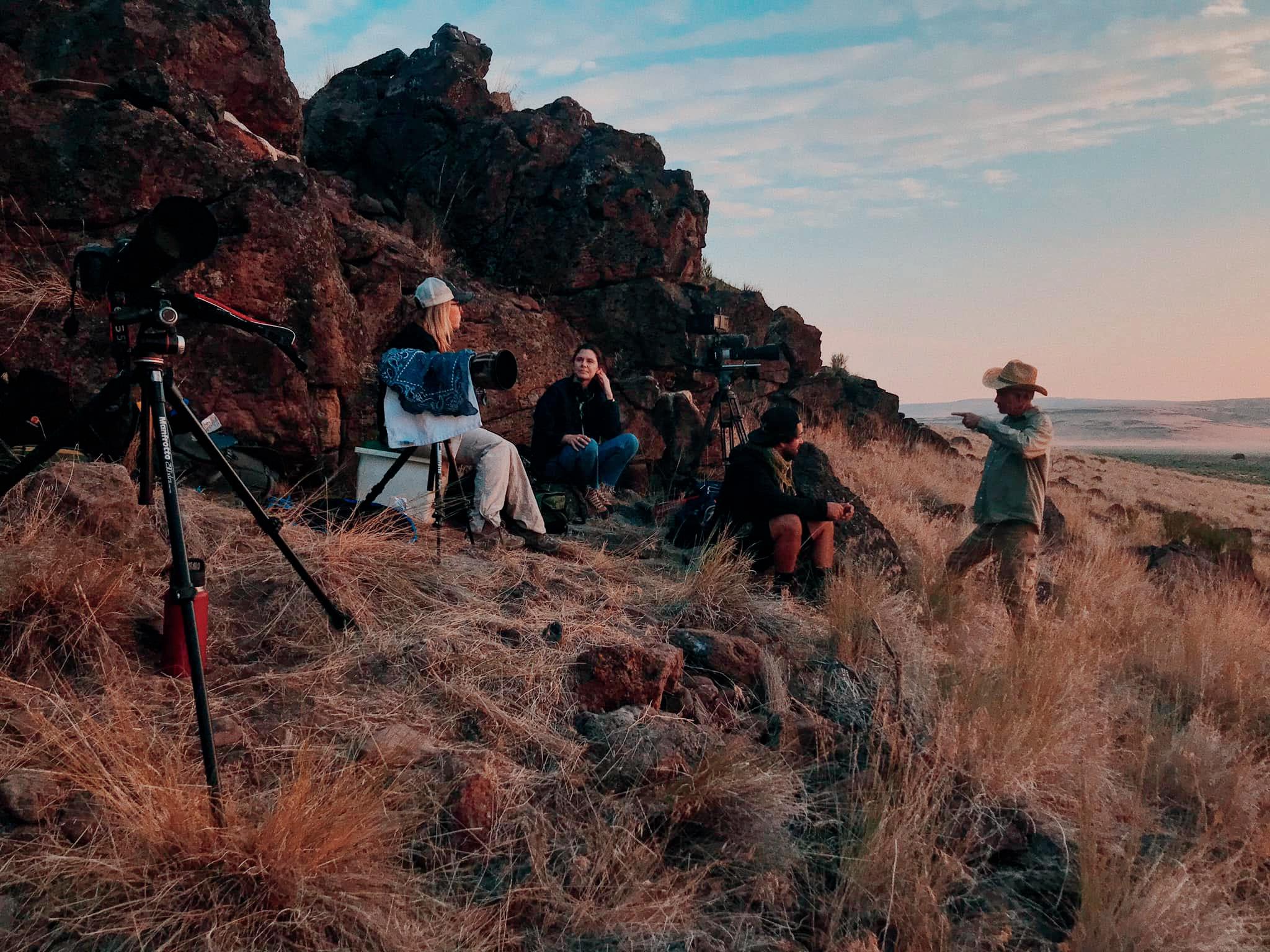

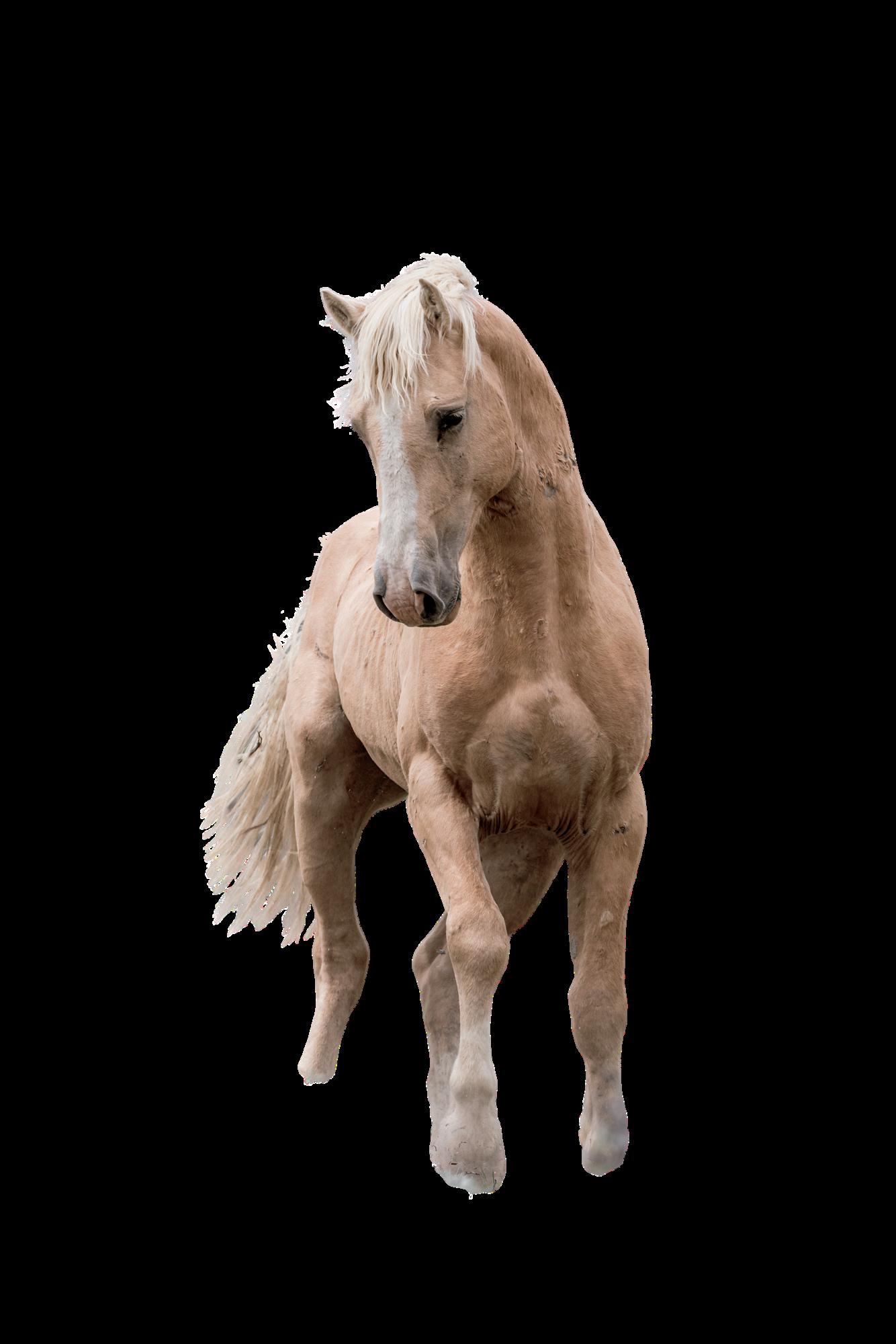
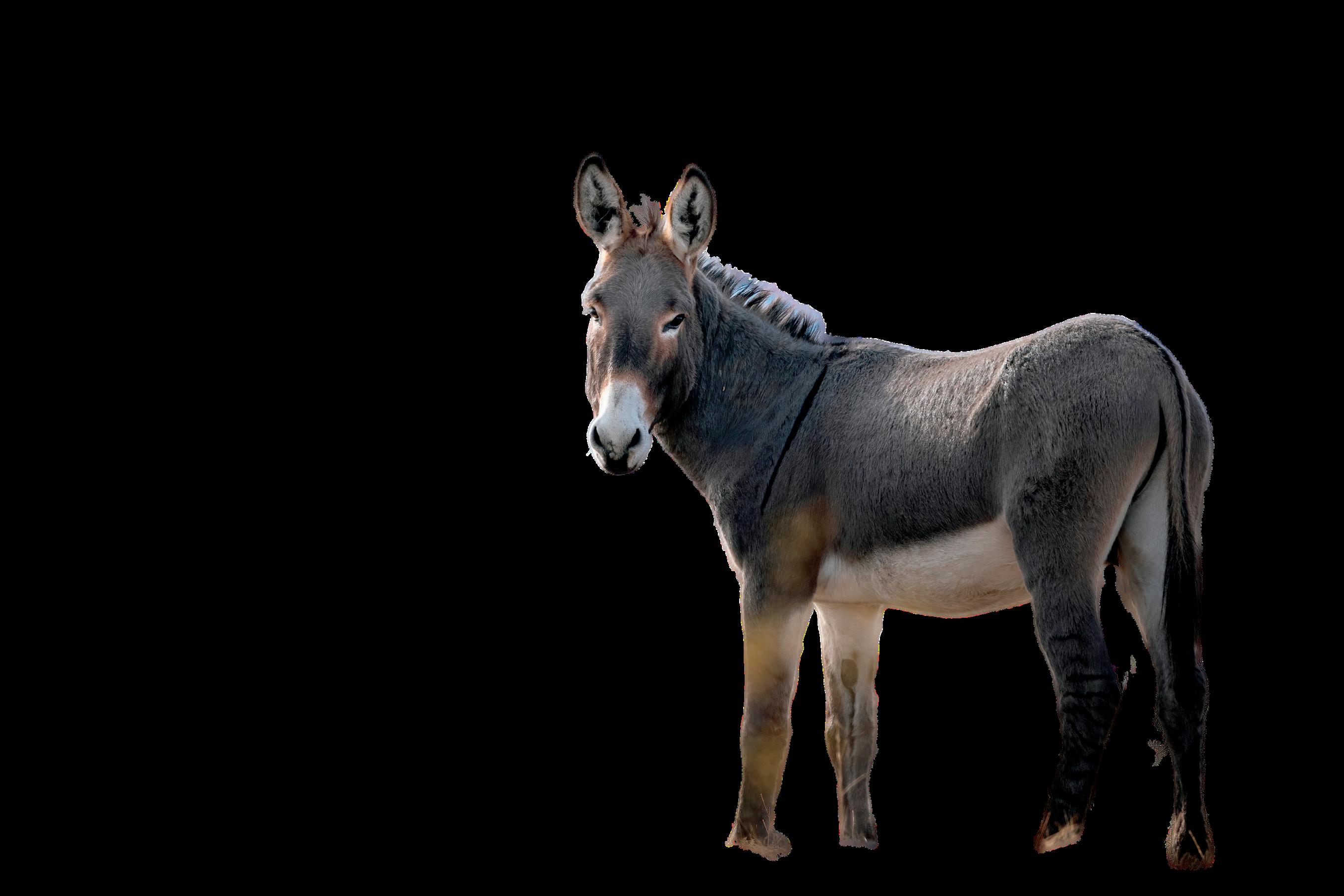



Ellie Phipps Price, President
Dustin Brown, Vice President
Stephanie Zill, Treasurer
Suzanne Roy, Secretary
William M. Hake, Director
Alicia Goetz, Director


Kathleen Lewis, Director
Joan DaVanzo, Director


